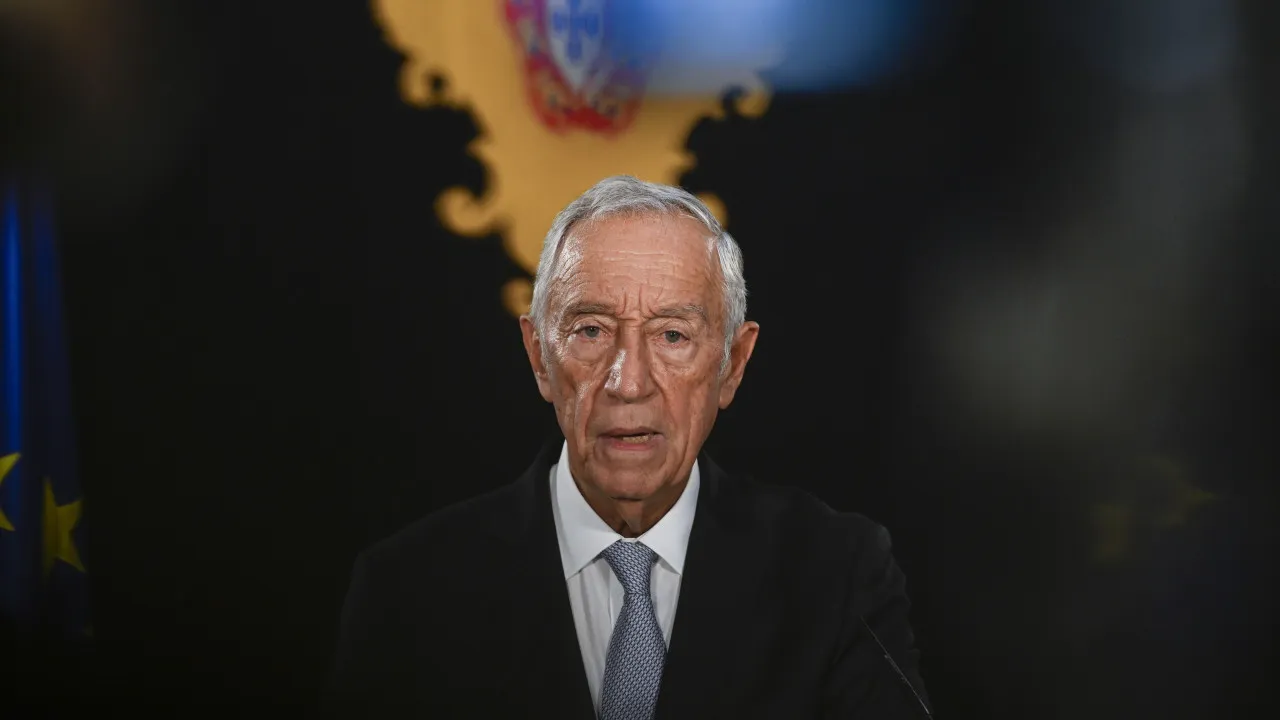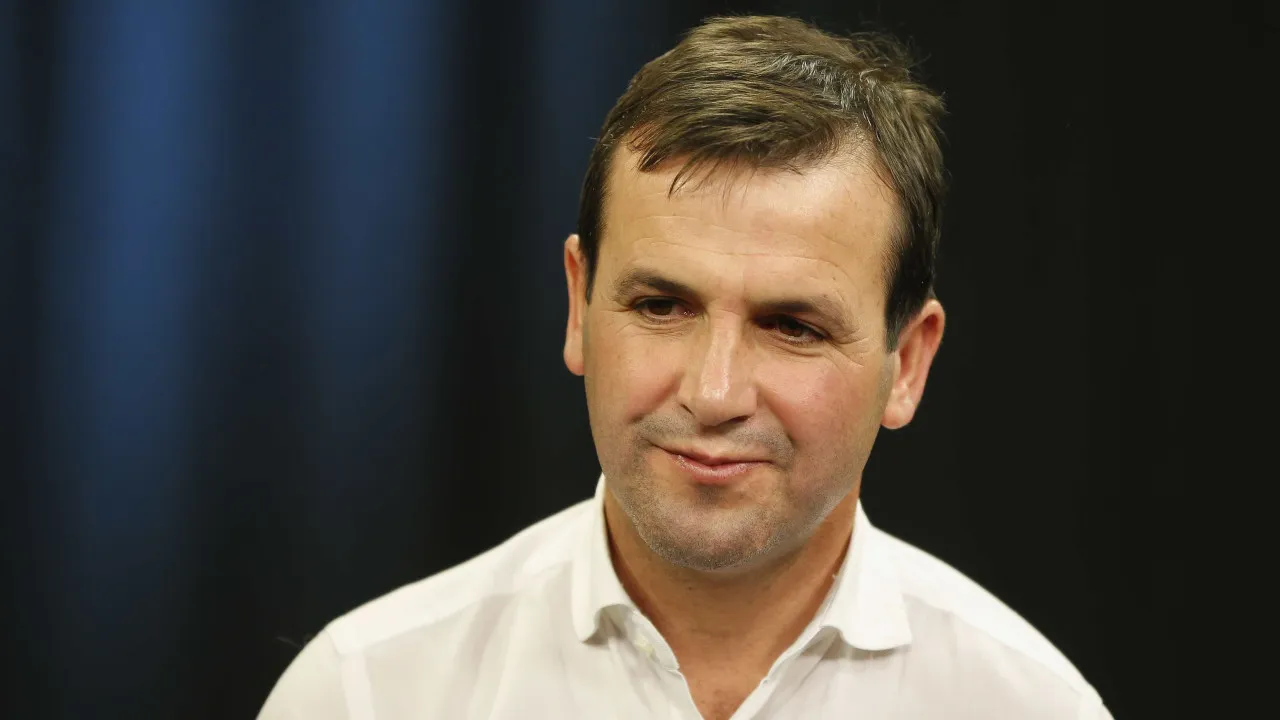
“We are still in the [analysis] process; it is not yet finalized. Eventually, we are in the final stretch, and a decision might be made by mid-May,” stated Óscar Santos in the city of Praia.
“There is no decision; the process is open,” he said.
When asked about previously projecting a decision by the end of 2024, the governor acknowledged that while there are forecasts, “the law must be followed, and there are various issues that arise,” which extend deadlines.
“When accounting for deadlines, it is not just about looking at the calendar,” as there are events that suspend them, leading to “a new count,” he remarked, noting that the BCV is adhering to the legally mandated timelines.
A year ago, CGD announced the sale of its majority stake, 59.81% of the BCA’s social capital, to Coris Holdings from Burkina Faso.
The sale, amounting to 70.5 million euros, awaits the fulfillment of legal formalities under Cape Verdean law, particularly the central bank’s opinion.
This divestment forms part of CGD’s international activity reorganization plan, which will maintain its presence in Cape Verde through Banco Interatlântico.
Coris Holding is recognized as a financial institution approved by the Banking Commission of the West African Economic and Monetary Union (WAEMU), with major operations organized around the banking sector under the brand Coris Bank International, operating nine branches.
Besides Burkina Faso, where it is listed on the stock exchange, Coris Holding is active in Côte d’Ivoire, Mali, Togo, Benin, Senegal, Niger, Guinea-Bissau, and Guinea-Conakry.
The company also includes an Islamic finance branch, Coris Bank International Baraka, operating in seven other countries.
The Cape Verdean financial system comprises eight commercial banks, with BCA being one of the largest and one of two banks considered “of high systemic importance.”




